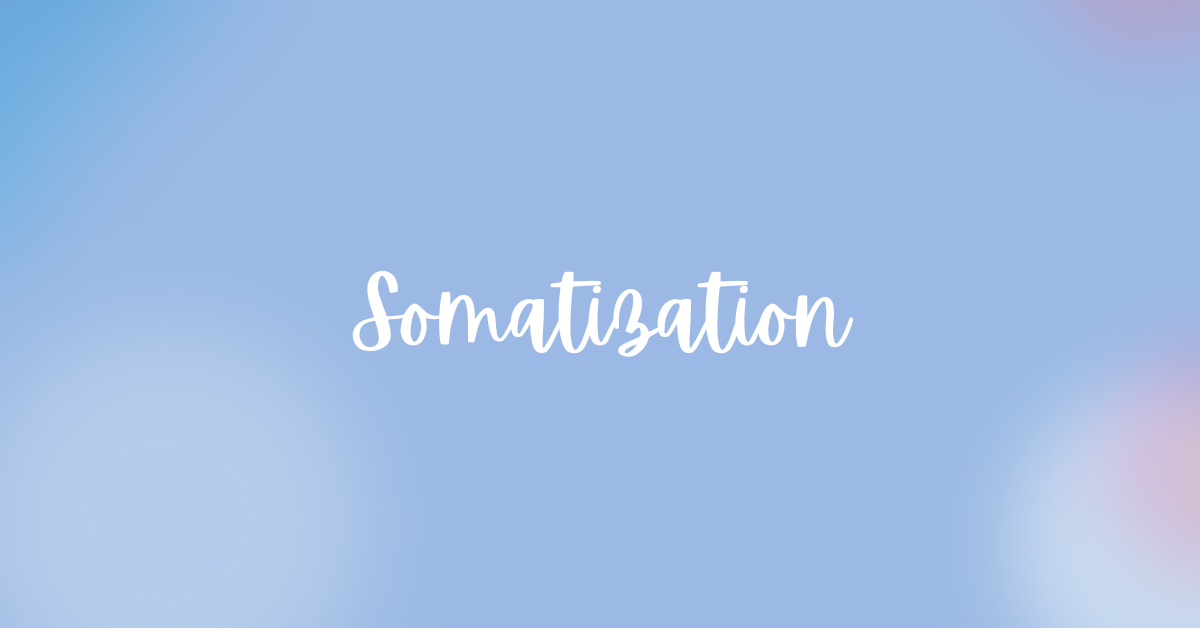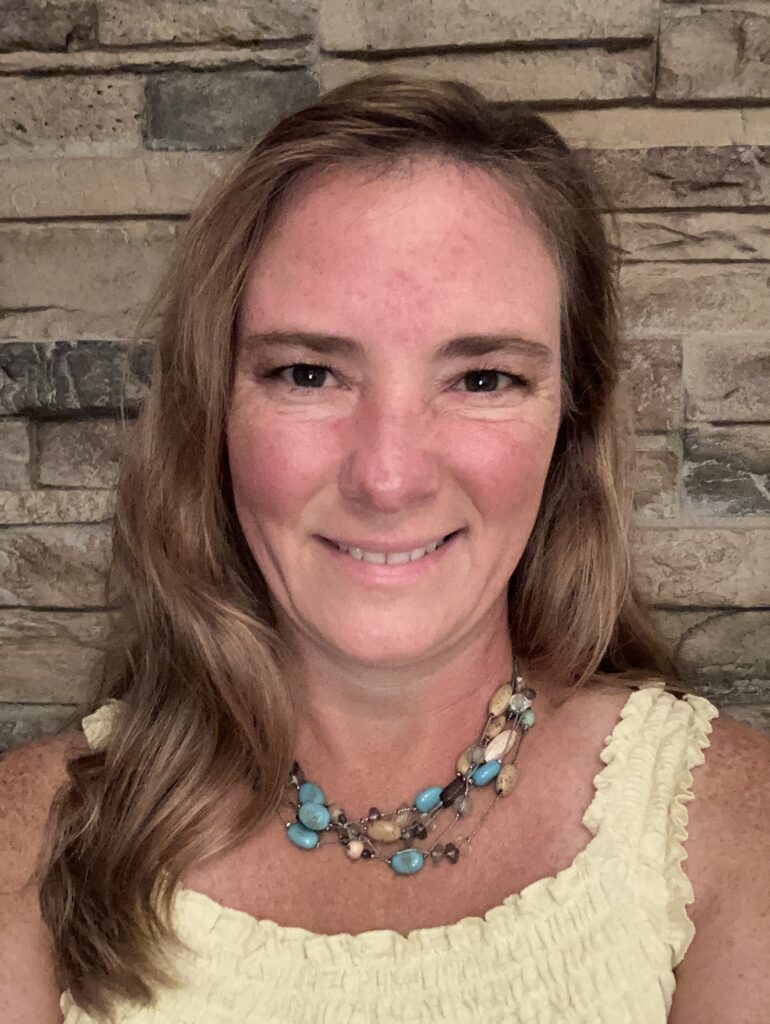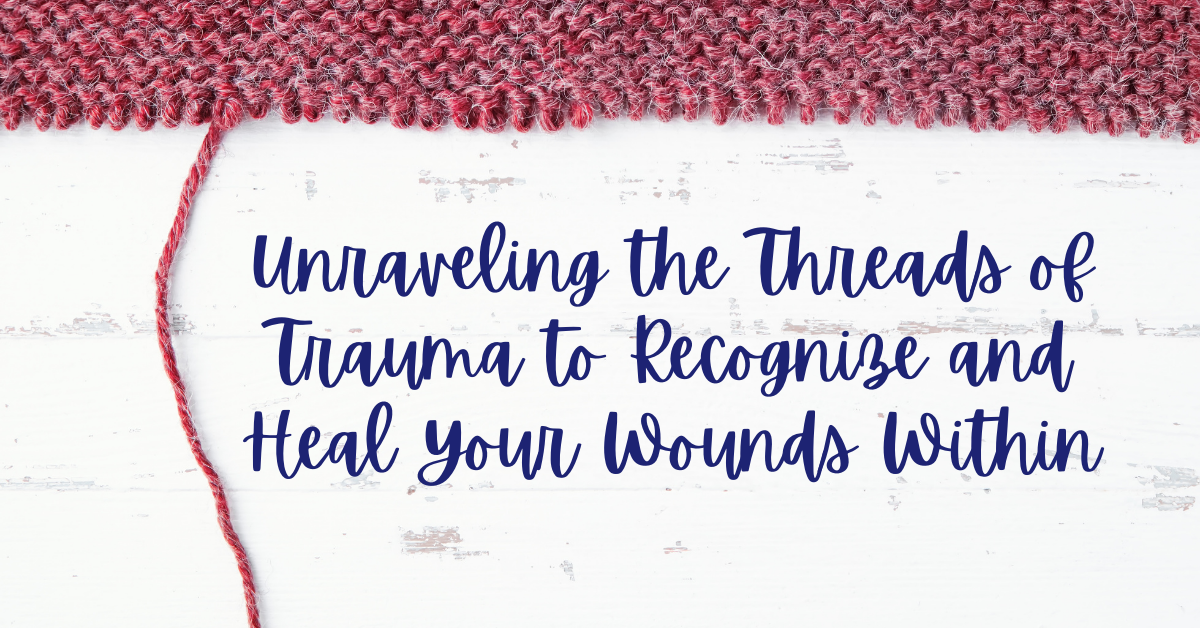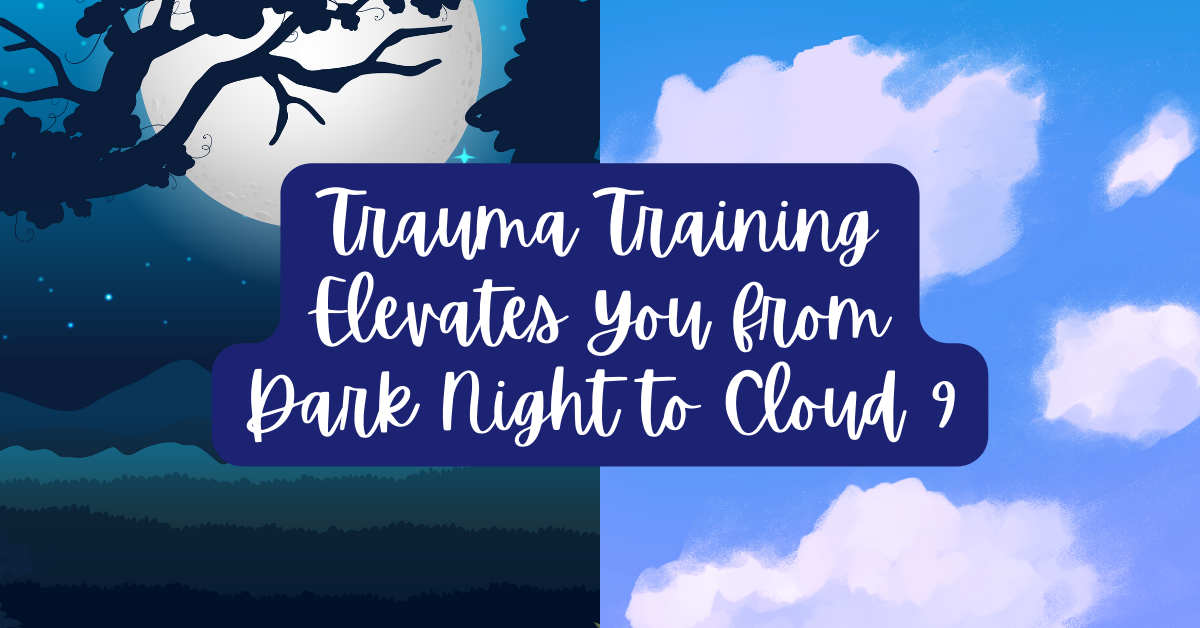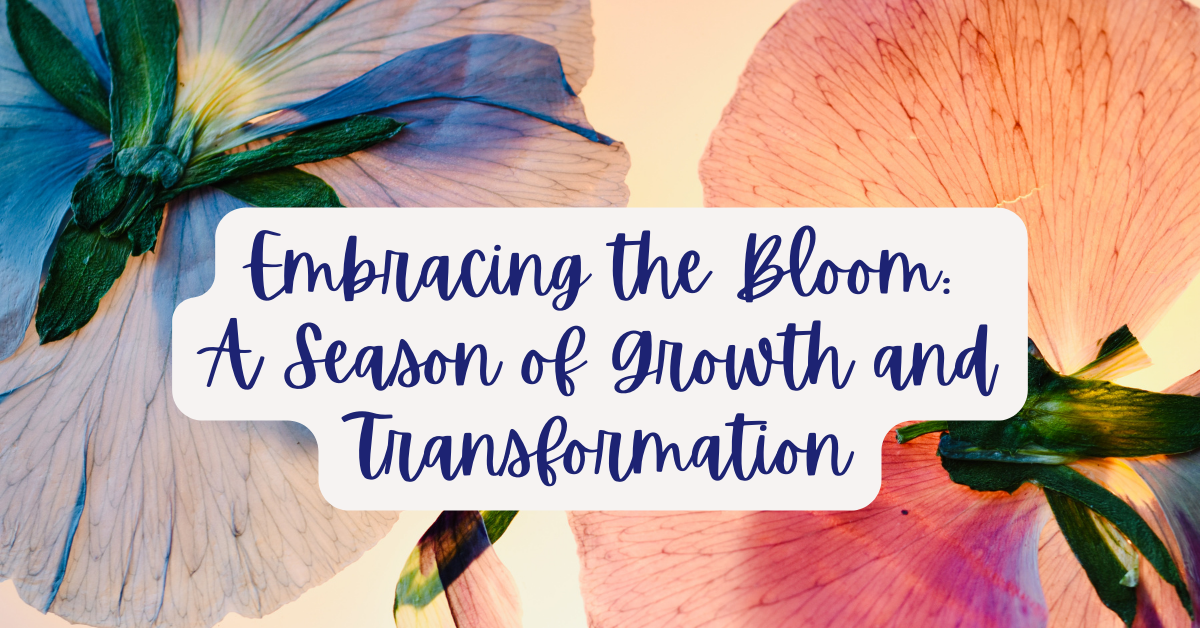In my mid 20’s, I began having uncomfortable digestive issues and inexplicable fatigue. After eating, even a small amount, my abdomen would swell to the point of having to unbutton my pants. I didn’t even do that after Thanksgiving dinner…so what the heck?
I began scrutinizing what I ate; researching potential effects of various foods; food elimination and reintroduction. Nothing. Thus, began a 17+ year journey to solve the riddle of my body. (I might mention that I absolutely HATE puzzles. Ugh.)

I exhausted every doctor I had access to in four states and every medication they threw at me. I was diagnosed by every single one of them with IBS, which is doctor speak for, ‘I don’t know.” A visit to a GI doctor ended in a colonoscopy that showed healthy innards. The GI doctor’s parting advice was to only eat (no kidding): hamburgers, hotdogs, French fries, pizza, sandwiches, fried everything, etc. You know, all the stuff we all know we should never eat and not to mention, all the very same things I told him trigger the most severe symptoms for me. I felt really heard, let me tell you.
Long story short, I continued to increasingly struggle with every bite. Symptoms became far worse and devolved to chronic and severe constipation; double-me-over abdominal pain; food related asthma; allergy reactions such as splotchy redness over my face, neck and chest; a stuffy nose and Rosacea. I longed for the days I could simply unbutton my jeans. I hadn’t been able to wear jeans in over a decade. My stomach swelled so severely that people asked when I’m due and argue with me when I’d insist, I wasn’t pregnant- seriously. Once, I was buying beer and the cashier ripped me a new one and let me know just what sort of mother she thought I was. (What made her assume I’d be the one consuming the beer?)
Oh, and that chronic fatigue? Not worth mentioning. Doctors didn’t even humor me with a response.
So. Switching gears, a bit. After a major fallout with Mom, I’d put the physical health focus on the back burner and had been targeting my much-neglected mental health. In an obscenely circuitous route, I finally discovered the source of my physical symptoms and the 20th century would have me believe it’s all in my head.
We all have heard of the phenomena of attention seekers complaining of physical ailments when what they were actually experiencing was loneliness or a sense of entitlement or simply an immature tactic to get their way. Sound harsh? Sound psychosomatic?

Stepping into the 21st century, most by now have heard of the mind-body connection, a.k.a. psychosomatic. It was never meant to carry a pejorative connotation. And it is not at all the act of a person knowingly ‘pretending’ to have physical ailments that do not exist. They very much do exist. Due to the negative, dismissive and invalidating connotation of psychosomatic, the mental health field has upgraded to referring to the same thing as somatization.
The first clue that this might be my issue was when an eating disorder nutritionist I was working with cautioned me that since I was speaking of upsetting topics that day, I might well experience GI flares. Huh? But I haven’t eaten anything. She went on talking about this part of the mind-body connection. I was floored. Why have medical doctors never explored this possibility? Once a doctor has exhausted all tricks up their sleeves, why did not one of them ever ask about my life, my past? My answer would have shocked them into tears of horror, much like some therapists I’ve worked with. If they’d started asking questions, perhaps I’d have realized years earlier that I’d experienced developmental trauma; that my mother has mental illness, not me (I convinced myself most of my life that I had some sort of brain damage); that I was abused and neglected and maybe, just maybe…I could have avoided developing an eating disorder. Just another crack I had fallen through.
Peter Levine, PhD said it best in In An Unspoken Voice, “These [trauma] suffers tend to be plagued with dissociation symptoms, including frequent spacyness, unreality, depersonalization, and various somatic and health complaints. Somatic symptoms include gastrointestinal problems, migraines, some forms of asthma, persistent pain, chronic fatigue, and general disengagement from life.”
I began paying attention and the nutritionist was spot on. Which explained another burning question. While I experienced these symptoms 99% of the time I ingested seemingly anything, quite often the flares happened even when I had eaten nothing and even when I’d just drank water. I can now see correlations not only with what I’ve eaten but also of how upset, triggered or activated I am. Ditto with the fatigue. I eventually learned I experience Implicit Flashbacks (fodder for a future blog post) and I can see a distinct correlation between these emotional flashbacks, fatigue and GI flares. Being traumatized is really tough work.
Below are a couple links to read about Somatization from the pros. If you experience undiagnosed physical ailments, you may consider broaching this with your doctor and/or therapist. Heads up: Western medical doctors (certainly not all!) are sometimes working off antiquated notions, rather than facts supported by research and studies completed since their instructors were in college. If you do not feel truly heard and validated, try visiting with a Functional medicine or Naturopathic doctor.
https://www.aafp.org/afp/2000/0215/p1073.html
https://www.healthpsych.com/articles/somatization.html

